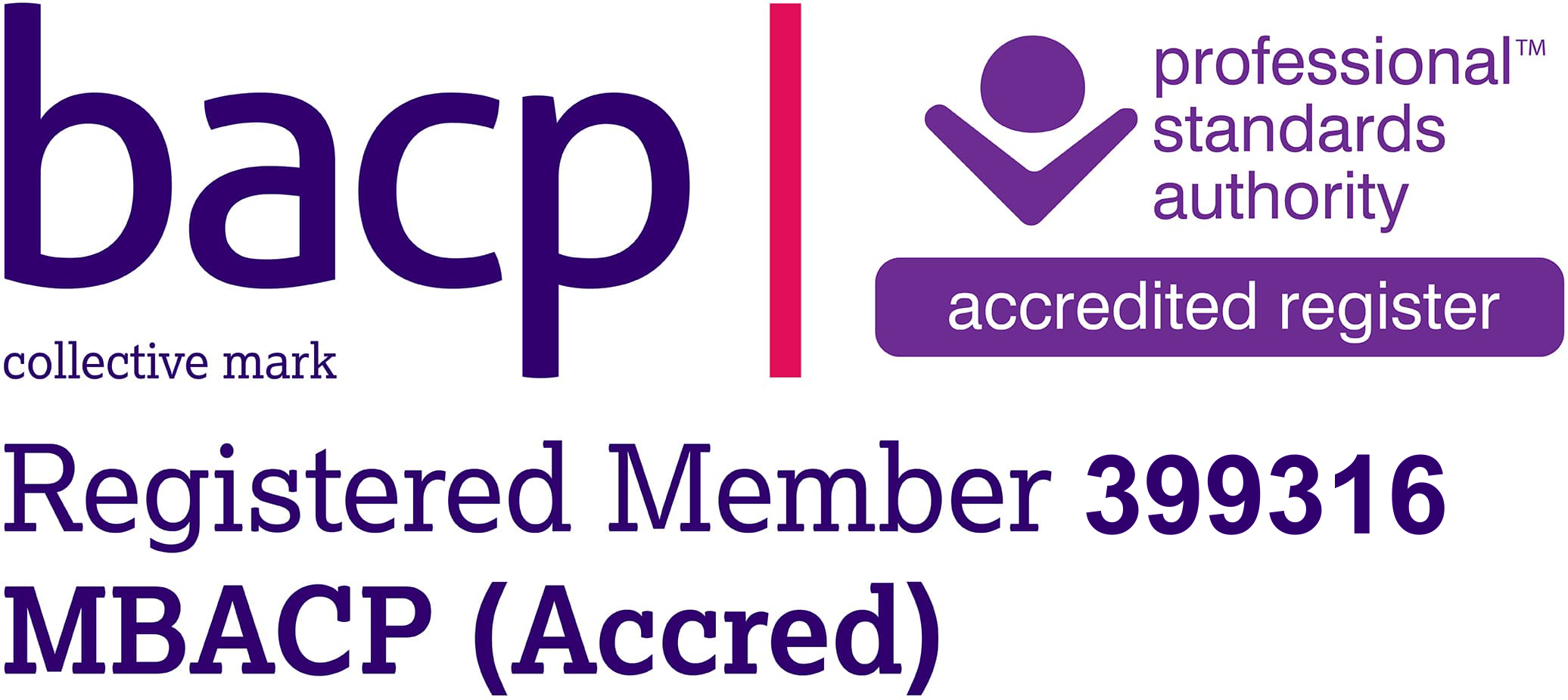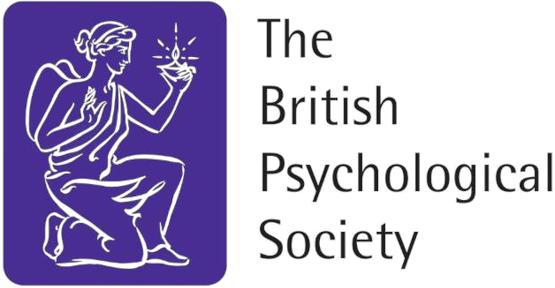Katie Perryman Counselling
Support and compassion
for adolescents and adults
Counselling and psychotherapy in a confidential and comfortable setting
I am an accredited therapist with a special interest in working with adolescents and young adults. I support my clients to overcome everyday life problems that are causing unhappiness or anxiety, as well as more serious mental health issues. In particular, I work with individuals of all ages who are struggling with eating problems and eating disorders, offering long-term psychotherapy and CBT-E to facilitate their recovery.

I have worked with adolescents and young adults for over 25 years as a teacher, counsellor, and psychotherapist. Most recent roles include therapist with Place2Be, counsellor with Youth Counselling Service (Mindworks, formerly CAMHS) and counsellor/psychotherapist at the University of Surrey. I also run a flexible private practice four days a week.
Speak in Confidence
The therapeutic space gives clients the opportunity to express themselves freely, without judgment, in confidence. I offer clients kindness and empathic understanding as they talk about problems that impact their life. Together we might explore the source of their discomfort, become aware of the associated feelings, learn coping strategies to facilitate change and find a way forward.
Eating Disorders
It is not unusual to have a difficult relationship with food and eating at some point in our lives. Sometimes the choices surrounding food and lifestyle can be challenging to navigate, particularly during adolescence and early adulthood. Self-esteem and body issue play a part, and there can be deception and barriers to change that will need to be explored. Disordered eating and compensatory behaviour can persist throughout adulthood, often triggered by emotions and used as a coping mechanism. Eating problems do not often go away on their own, which is why I advocate early intervention. However, much can also be done to help adults who have struggled for many years and are ready for change. The key to ensuring engagement in this therapy lies in patiently establishing a trustful, accepting and kind client/counsellor relationship.
Interventions
I offer a range of therapeutic interventions including Enhanced Cognitive Behavioural Therapy (CBT-E), Internal Family Systems Therapy (IFS), Compassion Focused Therapy and Emotional Freedom Technique (EFT). I include psychoeducation and Exposure and Response Prevention (ERP) where appropriate. I encourage resiliance, mindfulness and self-care. I am also trained to offer nutritional interventions for the treatment of eating disorders.
How can counselling help?
Adolescence and early adulthood can be a challenging time and some individuals stuggle to cope with the pressure they experience. I aim to support clients through this life stage compassionately, without judgment and with empathic understanding. I believe in combining talking and listening therapy with psychoeducation and practical exercises and skills to help clients reflect, learn more about themselves and regain control. An understanding of the mind-body connection can be empowering when recovering from all types of mental health problems, including trauma.
I appreciate the devastating effect eating disorders can have on an individual and their family, and how crucial early intervention is. I work hard to understand my client’s story so that together we can unravel what is driving the eating disorder and what is keeping them stuck. There is no place for blame - research tells us there is rarely a simple cause or reason why disordered eating takes a hold. However, very often there is a combination of predisposing, precipitating and perpetuating factors that can be brought to the client’s awareness. This can help the sufferer fight the disorder and make changes. I endeavour to build self-esteem, improve body image, strengthen cognitive flexibility and above all instill self-compassion in my clients. I use enhanced cognitive behavioural therapy, a well established effective intervention for the treatment of eating disorders. I offer a dual approach, considering the physiological issues and nutritional interventions, alongside the psychological issues.
What issues can counselling help with?
Here are a few of the difficulties that I have supported clients to overcome, through counselling and psychotherapy:
Eating disorders
Obesity
ADHD
Autism
Deliberate self-harm
Anxiety
Trauma
Panic attacks
Chronic Pain
Sexual Abuse
Eating problems
Social anxiety
Depression
Dyslexia
Gender dysphoria
OCD
Grief
Problems with confidence or self-esteem
Problems with relationships
Problems coping with school
Bullying
Qualifications
Diploma in Therapeutic Counselling (CPCAB)
MSc Psychology (Distinction)
PGCE
BSc (Hons)
Master Practitioner’s Award in Eating Disorders and Obesity (NCFED)
Nutritional Interventions for Eating Disorders (NCFED)
CBT-E for Eating Disorders (CREDO)
Working with ND clients using the Autism Dialogue Approach
Comprehensive IFS Therapy Training
Applied EFT Practitioner’s Certificate
My location
I work in Woking (Hook Heath) and see clients from the surrounding areas such as Guildford, Farnborough, Farnham, East Horsley, Godalming, Aldershot, Camberley, and Leatherhead.
My comfortable therapy room is spacious, welcoming and calm - please see the photographs on a separate page of this website.
How it works
I offer short term and longer-term therapy as appropriate.
I also offer single session therapy (80 minutes) which can be enough for some clients who wish to address certain problems affecting their life in the here and now. This work is based on the Windy Dryden model of single session therapy.
For eating disorders, an 80 minute assessment session is sometimes advised at the beginning of therapy
There is no pressure to commit to a certain number of sessions.
I operate a 48 hour cancellations policy.
Get in touch
Please email me using the form below with any questions or to arrange a telephone conversation.
Alternatively, you may prefer to call me directly on 07969361836 . I am happy to discuss your situation and any queries you may have prior to arranging an initial appointment.
Frequently asked questions
The model for SST is that the client takes a mindful break after the single session, to reflect and implement some of the changes and strategies discussed. I would suggest at least three weeks for this, after which ongoing therapy can be booked if you feel it would be of benefit.
I will maintain full confidentiality and do not feedback any details of what is said in a session to anyone. This is important for you to feel safe and for the therapeutic relationship to be one of complete trust.
However, if I think there is an immediate serious risk of harm to you or anyone else, I will be obliged by my professional body (BACP) to pass this on to the relevant authorities. I would always discuss this with you first.
With eating disorder clients there may be a team of professionals working together to facilitate recovery (GP, dietician etc). In these cases, the client must agree to the sharing of medical or nutritional details within this team, if it is in the interest of recovery.
I have a welcoming, carpeted therapy space that enables me to offer play therapy to include games, creative work, drawing and storytelling activities for younger children (under 12 years old). However, I do not have the facilities for more extensive play therapy such as painting, lego, playmobile etc.. It would be important for us to establish whether I am the right person to offer your child support, depending on their personality, and the type of challenges they are facing.
I do not see clients with friends or relatives - it is difficult to establish the therapeutic relationship if other people are present in the room.
However, I am happy for a trusted adult to join the first ten minutes of a first session if you need reassurance. With clients under 18 years old, this person should ideally be their parent or guardian.
Every therapeutic journey is different and it is not possible to say at the beginning of this journey how many sessions you will need. I usually work in blocks of six, but there will be no obligation to complete a set number of sessions. I encourage regular reviews of how the therapy is being received, to establish when an ending is appropriate.
With disordered eating longer term therapy is usually necessary.
For some clients struggling with common life problems, a focused single session can be enough. Please follow this link for more details about Single Session Therapy:
https://www.windydryden.com/post/what-is-single-session-therapy
Yes. I am passionate about working with young people who may have an ASD, ADHD and/or dyslexic profile - these can be my most vulnerable clients. I have trained extensively in order to support young people who struggle with emotional regulation, interoceptive skills, overwhelm and resulting low self-esteem, anxiety and depression. My goal is always to help these clients better understand their way of thinking, and to celebrate thier uniqueness. Together we look at their triggers, their coping strategies and what makes them thrive.
© Katie Perryman
powered by WebHealer


